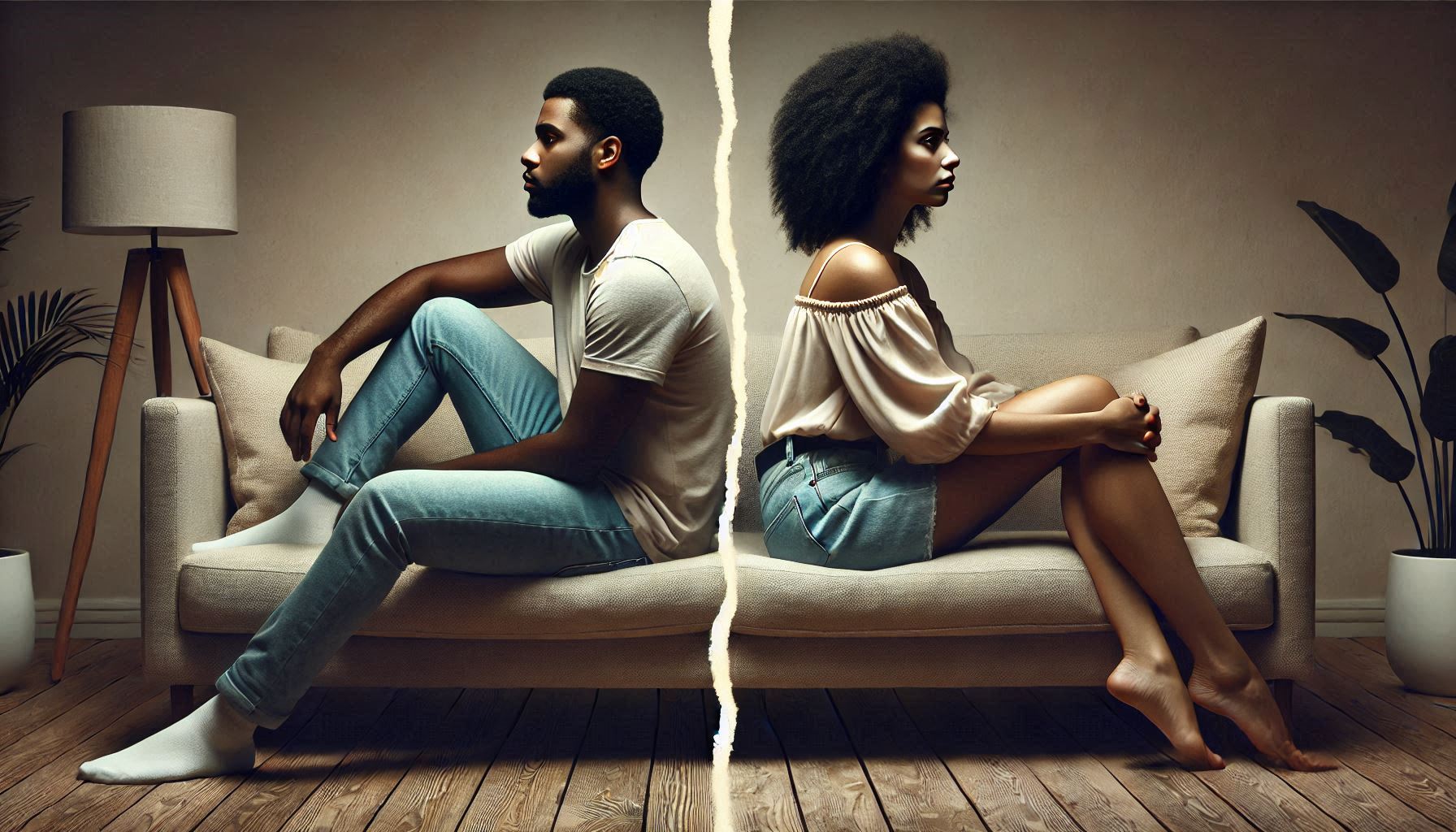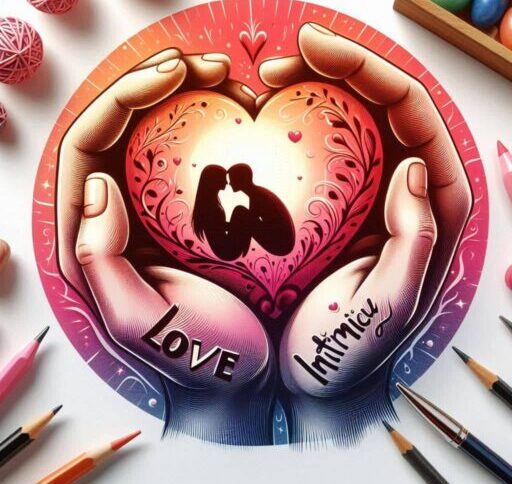Relationships are like a garden. They need care, patience, and effort to thrive. But sometimes, even when you’re doing your best, hidden problems can creep in like weeds, threatening the bond you share with your partner. These issues aren’t always obvious, but recognizing and addressing them is essential for a happy, healthy relationship. Let’s dive deep into some of these lesser-known problems, answer common questions about them, and discuss how to overcome them.
1. What Are Subtle Signs of Relationship Trouble?

Not every relationship issue announces itself with a big argument or dramatic moment. Many problems start small and grow quietly.
Emotional Distance: You might feel like you’re living parallel lives—coexisting without truly connecting.
Avoiding Conflict: If you or your partner avoid disagreements to keep the peace, it could create unresolved tension.
People-Pleasing: Always saying “yes” to make your partner happy might leave you feeling unfulfilled.
Why This Happens:
Sometimes, subtle problems arise because couples fall into routines or avoid addressing small grievances, thinking they’ll disappear on their own. However, over time, these small cracks can become major fractures.
How to Fix It:
Start by being honest with yourself. Are you truly happy, or are there things you’ve been ignoring? Open a conversation with your partner, sharing how you feel and asking for their input. Regular check-ins can help identify and resolve issues early.
2. How Do Unspoken Expectations Harm Relationships?
Unspoken expectations are silent relationship killers. You might assume your partner should automatically know what you need or how you feel. For example, expecting your partner to notice you’re upset without saying anything can lead to misunderstandings.
Why This Happens:
Many people grow up with different ways of expressing love or handling emotions, which can create mismatched expectations in a relationship.
How to Fix It:
Talk openly about what you want and need. Instead of waiting for your partner to guess, be direct. For example, instead of saying, “You never care about me,” try, “It would make me happy if you asked about my day.” This creates clarity and reduces frustration.
3. How Does Lack of Personal Space Affect Relationships?
Being together all the time might sound romantic, but it can sometimes backfire. Everyone needs space to recharge, pursue personal hobbies, or simply enjoy time alone.
Signs of a Problem:
Feeling irritable or resentful despite no clear cause.
Losing interest in shared activities because you’re always together.
How to Fix It:
Balance is key. Encourage your partner (and yourself) to spend time on individual interests. This doesn’t mean you’re growing apart—it means you’re creating a healthier, more balanced relationship. When you reconnect, you’ll have more to talk about and share.
4. Why Do People Mistake Declining Passion for a Failing Relationship?
The honeymoon phase of a relationship is exciting, but it’s not meant to last forever. As relationships mature, passion might fade, but that doesn’t mean love has disappeared.
Why This Happens:
Many people believe love should always feel intense and exciting. When the initial spark fades, they worry something is wrong.
How to Fix It:
Accept that relationships evolve. Instead of chasing the excitement of the past, focus on building deeper emotional intimacy. Plan date nights, try new activities together, or even write each other love notes to reignite the romance.
5. How Does Comparison Harm Relationships?
It’s easy to look at other couples and think, “Why aren’t we like them?” Social media makes this worse, as people often share only the best moments of their lives online.
Why This Happens:
Comparison comes from insecurity or the belief that there’s a “perfect” relationship model. In reality, every couple is different, and no relationship is without challenges.
How to Fix It:
Focus on your unique bond. Reflect on what you love about your partner and your relationship instead of what you feel is missing. Gratitude can help shift your mindset and deepen your connection.
6. Why Do Conflicts Feel Unproductive?

Arguments are a normal part of any relationship, but if they always end in frustration or hurt feelings, something might be wrong with how you handle them.
Common Issues:
Bringing up past mistakes instead of focusing on the current issue.
Interrupting or not listening when your partner speaks.
Using hurtful language or accusations.
How to Fix It:
Practice healthy conflict resolution. Instead of blaming your partner, express how you feel using “I” statements. For example, say, “I feel hurt when you cancel plans,” instead of, “You never keep your promises.” Listen actively, without interrupting, and focus on finding a solution.
7. Can Too Much Effort Harm a Relationship?
Effort is essential in a relationship, but it should come from both sides. If one partner is always compromising or giving more, it can lead to resentment.
Signs of Imbalance:
Feeling exhausted or unappreciated.
Noticing that you’re always the one initiating plans or fixing problems.
How to Fix It:
Have an honest conversation about how you feel. Let your partner know that you need more support or effort from them. Relationships thrive when both people are equally invested.
8. How Do Societal Pressures Impact Relationships?

Society often promotes unrealistic ideas about relationships. From rom-coms to Instagram influencers, there’s a lot of pressure to have the “perfect” partner and life.
How This Affects Couples:
Feeling like your relationship isn’t “good enough.”
Trying to meet societal standards instead of creating your own.
How to Fix It:
Remember that every relationship is unique. Define happiness on your own terms, not based on what others expect. Talk with your partner about your shared goals and values, and focus on building a relationship that works for you.
9. What’s the Impact of Unresolved Personal Issues?
Sometimes, personal insecurities or habits can cause problems in a relationship. For example, someone who struggles with jealousy might lash out at their partner, even if there’s no reason for suspicion.
Why This Happens:
Unresolved personal issues, like low self-esteem or fear of abandonment, often stem from past experiences and can resurface in relationships.
How to Fix It:
Work on self-awareness. If you notice patterns in your behavior that harm your relationship, consider therapy or self-help resources to address them. Personal growth benefits not only you but also your partner and the relationship as a whole.
10. Why Is Seeking Professional Help Stigmatized?
Many couples hesitate to seek therapy because they think it means their relationship is failing. In reality, therapy can be a proactive way to strengthen your bond.
Benefits of Therapy:
Gaining tools to communicate better.
Understanding each other’s perspectives more deeply.
Learning strategies to handle conflicts effectively.
How to Fix It:
Normalize the idea of seeking help. Think of therapy as a way to invest in your relationship’s future, just like you would invest in a home or a career. It’s a sign of strength, not weakness.
Final Thoughts
Every relationship has its challenges, but many problems can be addressed with awareness, communication, and effort. By recognizing these often-hidden issues and working together to overcome them, you and your partner can create a bond that’s not only strong but also deeply fulfilling.
Remember, relationships aren’t about being perfect—they’re about growing together. Whether it’s improving communication, giving each other space, or reigniting passion, the small steps you take today can lead to a brighter future with your partner.
What surprising relationship problems have you experienced, and how did you handle them? Share your thoughts in the comments below!

